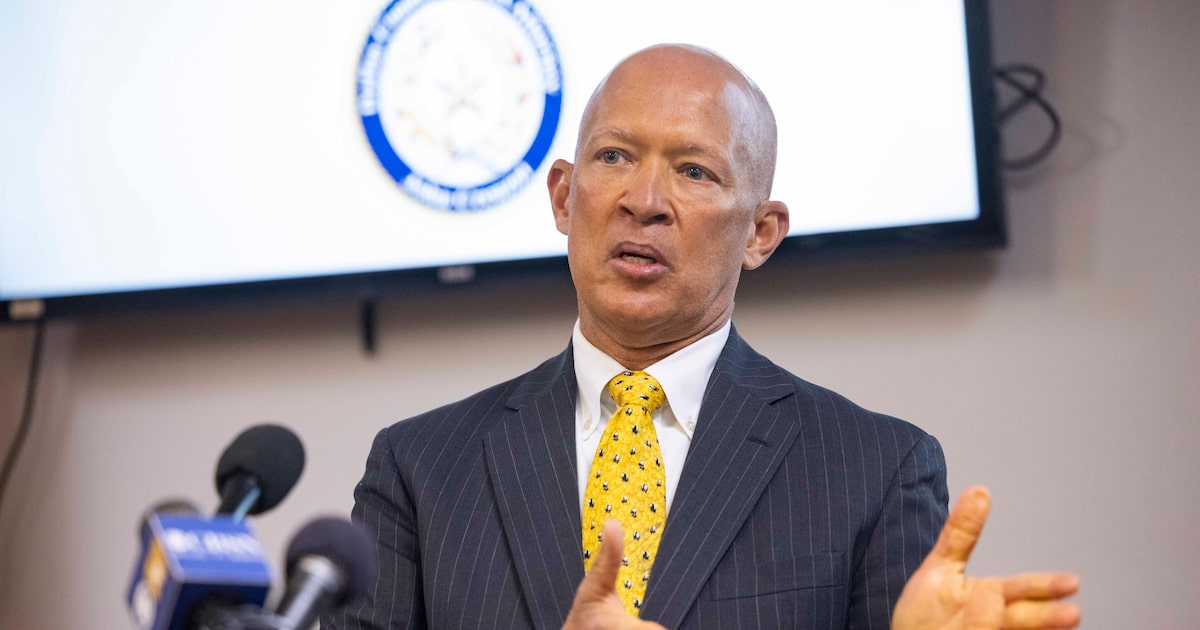One casualty of the Trump administration’s budget cuts was a federal grant that had helped the Dallas County District Attorney’s Office stabilize defendants with serious mental illness and lower their recidivism rates. The Critical Time Intervention program also saved taxpayers tens of thousands of dollars per year in jail costs.
Not wanting to lose its CTI team, prosecutors suggested another way to pay for the program. Last week, the Dallas County Commissioners Court approved allocating $600,000 from the county’s share of the state’s opioid abatement settlement to the program. It is a win for public safety and for taxpayers.
The Critical Time Intervention team is part of the Mental Health Division of the DA’s office. The team works to divert defendants who are in custody partly because of their mental illness out of the criminal justice system and into appropriate community-based services. Staff members review 1,200 to 1,500 felony cases annually and accept 55% to 60% of the cases referred. People accused of violent felonies can be referred for diversion, but prosecutors have said they will reject any case that poses a threat to community safety.
Defendants accepted into the diversion program must sign an individualized contract with prosecutors that lays out rules, with the program typically lasting 12 to 18 months. The agreement can include anything prosecutors feel might help the defendant become law-abiding and self-sufficient, from keeping psychiatric appointments to taking drug tests to finding stable housing. If the defendant fulfills the agreement, his or her case is dismissed. About 80% of defendants complete their agreement and graduate.
Opinion
“This is the best way for our office to monitor their progress,” explained District Attorney John Creuzot. “These people are at high risk to re-offend when we start to engage with them. Our goal is to change their high risk to low risk.”
CTI supports participants while they are trying to change their lives. They often have limited social and financial resources and need help navigating fragmented systems of care and coping with challenges like finding dependable transportation to appointments.
Last year, the Dallas County District Attorney’s Office partnered with Metrocare Services to develop the CTI team. The mental health agency provides four case workers and four peer-support specialists, people who successfully manage similar mental health conditions and are trained to help others. Team members provide hands-on help such as arranging rides to appointments, finding housing and securing basic necessities such as food. Sometimes, because of their work with prosecutors and the CTI team, defendants are able to reconnect with long-estranged children or parents.
Given that Dallas continues to struggle with its homeless population, and the Dallas County jail stays perpetually full, with most inmates struggling with mental health issues, we need as many programs that help vulnerable people find stability as possible. CTI is one node in the network of services that can help keep people sheltered and out of the criminal justice system, while also making the community feel ― and be ― safer.
We welcome your thoughts in a letter to the editor. See the guidelines and submit your letter here.
If you have problems with the form, you can submit via email at letters@dallasnews.com

